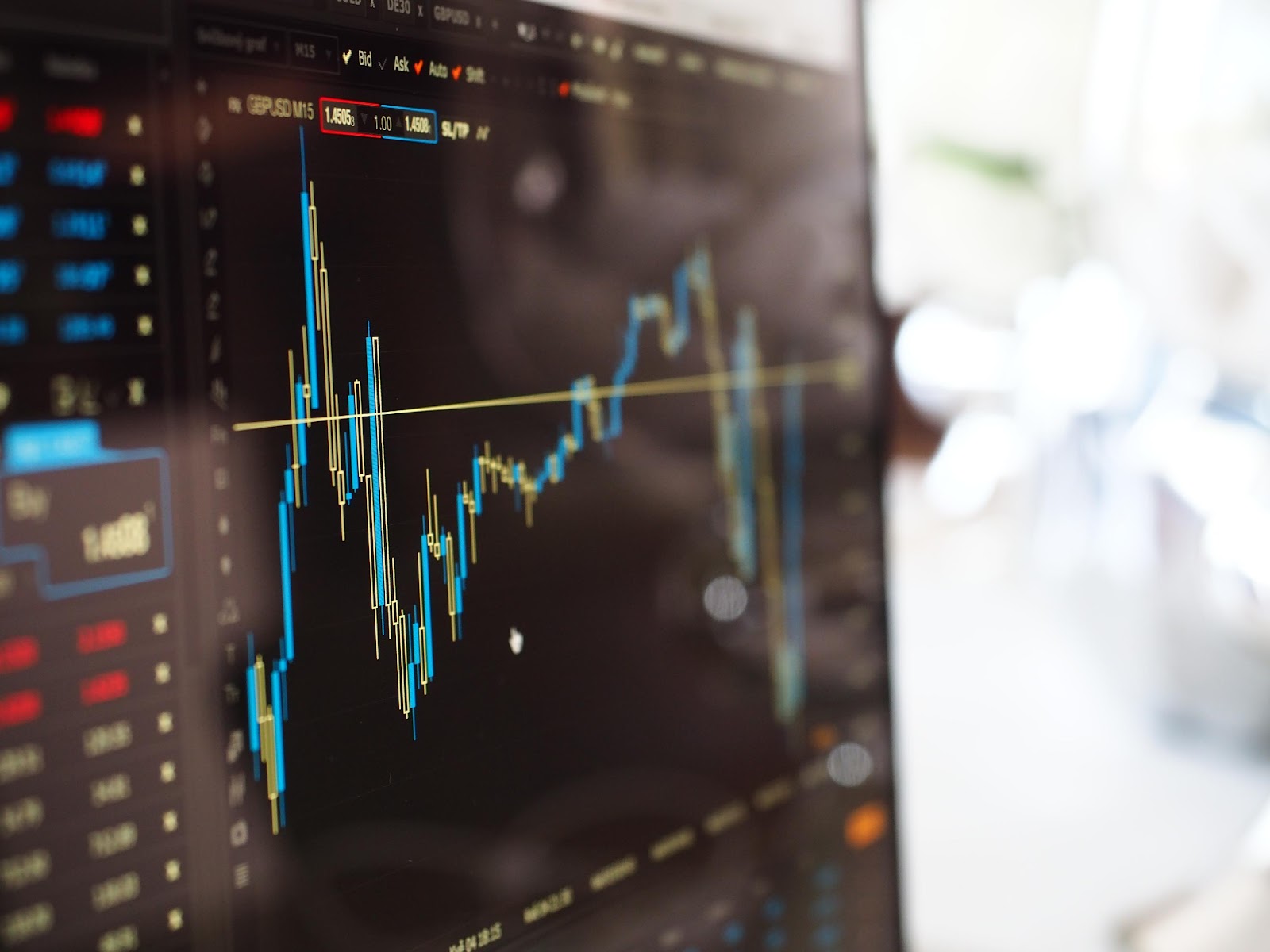
It is very common to see countries and people easily convert currencies on the foreign exchange market according to their circumstantial needs. And yet again, there is that window of opportunity for investors to capitalize on the values of currencies to make some profits or minimize losses. So if you are interested in knowing all about it and how to trade currencies, you are definitely on the right page.
What Is Forex Trading?
Forex trading is the science of exchanging a particular currency for its equivalent in another currency, called an exchange rate. This enables individuals, institutions, and nations to access foreign currencies on the go through the foreign exchange market. But you should not expect to see a physical market or skyscraper where you can buy currencies like groceries. Instead, the forex market is a financial market, like the crypto and stock markets, where currencies are traded against each other virtually. It is open all day long throughout the week for institutions but only between 5 PM EST on Sunday and 4 PM EST on Friday for retail traders. Banking institutions carry out the larger part of forex trading to cater to their customers' forex needs. At the same time, individual traders can learn how to trade forex and speculate in the market to make profits.
Reasons to Trade Forex
- Hedging: Forex trading is an incredibly effective way of hedging out risk. This involves taking up an inverse investment in a currency when the one you have in your portfolio is moving downwards in value. For instance, John is a resident of Kenya that predominantly conducts his business in Kenyan Shillings. However, inflation causes a lot of fluctuations in the value of the KSh. John knows how to trade forex and can decide to hedge his KSh holdings by trading it against a stronger and more stable currency. Thus, he proceeds to the KSh/USD spot market in the forex market to hedge his portfolio. This effectively keeps his money in USD rather than KSh and protects it from violent market movements.
- Foreign Exchange: This is a rather eponymous reference, might we add. Now John is a resident of a cold and bustling London suburb, with British Pounds in his portfolio. If he wants a safari experience in Kenya, he needs Kenyan Shillings to pay for services and goods in the country. With his knowledge of how to trade forex, he can easily go to the forex market to trade the GBP/KSh pair and convert his currency. The world is now a global village, which means there are times one might need to carry out transactions in foreign currency.
- Profit-Making: This is perhaps the most interesting reason for forex trading. Individuals and institutions such as investment pools can predict the exchange rate of a particular currency in relation to another. At this point, we can say hi to our dearest John once again. He has a portfolio of 1000 USD, which trades for $5 to 1 British Pound. He trades his 1000 USD to 200 GBP on the forex market, after which the exchange rate slumps to $7 per GBP. He then changes his 200 GBP back to 1400 USD, making a profit of 400 USD. This is a very popular reason for forex trading, and it turns out there are several ways to do it, as we will be exploring next.
How Forex Trading Works
In order to explore the workings of forex trading, we would need to delimit it into the different ways to trade forex. The most popular and largest forex market is the spot market. It is most basic as it involves a straightforward swap between currencies according to the exchange rate, just as in the above examples. However, there are also situations where you do not exchange the currencies immediately, but merely an agreement to do so. This is what works in the forwards and futures markets. A party makes a contract with another party to buy or sell a particular currency at a specified date and rate in the future. Forwards and futures markets work the same way, with the difference being that forwards trades are carried out over the counter while futures trades are carried out on centralized exchanges. Forex futures trading is similar to other forms of futures trading in that traders can also speculate on the values of the contracts. They open futures trades with capital known as the margin, a form of collateral the exchange holds in case you make heavy losses on your trade, leaving you unable to settle the debt you owe the broker.
Conclusion
Now that you know what the forex market is and how it works, you might want to consider going into it. In that case, it is important to consider why you want to trade forex and the kind of market suitable for your reason. Subsequently, you have to learn how to trade forex, including the full trading essentials and strategies, and accept the risk that comes with it.



/cdn.vox-cdn.com/uploads/chorus_asset/file/25415594/Squad_Busters_key_art.jpg)








